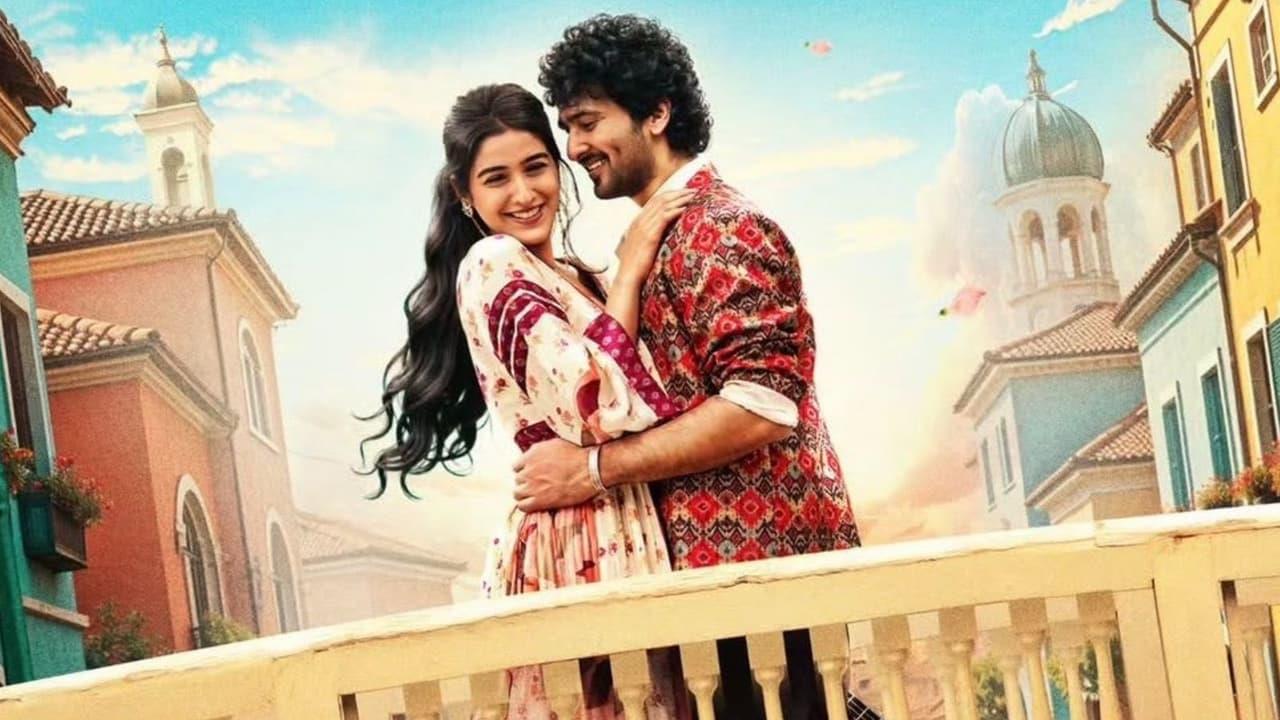
'Love Jihad' Debate Intensifies In Kerala High Court Over Shane Nigam's Haal
The Kerala High Court partially heard arguments on Friday. October 31 in a petition filed by the makers of 'Haal', starring Shane Nigam, contesting the adult certification and proposed cuts recommended by the Central Board of Film Certification (CBFC). The film body had raised concerns about negative portrayal of police personnel and requested modifications to specific sequences. During proceedings before Justice VG Arun, senior counsel for the filmmakers cited numerous Indian films that show law enforcement officials engaged in corruption and sexual violence.“Atrocities of the police are visually shown but does that mean that everybody in the country will believe that the police...the question is why pick out a scene,” LiveLaw quoted the filmmakers' counsel as saying.
According to the filmmakers' counsel, the story follows a Muslim man and Christian woman who fall in love despite family opposition. While the protagonist's father would accept the woman if she converts, the hero refuses. The woman initially agrees to convert but ultimately reconsiders during the ceremony, prompting police intervention using allegations like 'Love Jihad'. The narrative concludes with both families accepting the couple's decision to maintain their respective faiths.
What Did The Filmmakers Argue?
The advocate argued that the key consideration should be whether disputed sequences align with the film's overall narrative. He contended that courts must weigh artistic expression against potential harmful impacts. The counsel referenced the Supreme Court's ruling in Bobby Art International v. Om Pal Singh Hoon regarding 'Bandit Queen', which depicted Phoolan Devi's experiences. According to the lawyer, the apex court allowed a scene showing Phoolan Devi's public humiliation, determining it was integral to the story. The Supreme Court held that even disturbing content may be permissible, the counsel noted. "Consider a film about communal riots. Can you portray it without showing violence? Perhaps, but that affects the filmmaker's artistic liberty... A balance must be struck between creative expression and potential adverse effects," he argued. Discussing interrogation sequences, the petitioners' lawyer asserted there was no violent, sensual or sexual content justifying adult-only certification. He challenged the CBFC's reasoning, arguing the decision lacked proper consideration and that 'mature theme' alone doesn't warrant an 'A' rating.
“It's a narrative, it's a story. it's a fiction, you are creating it. If that is the case, can any scene depict a police officer being corrupt, any scene in a movie where the police officer is committing rape, inciting violence? We are seeing it every day. Compared to this, absolutely nothing. Even the crucial scene...some of the objections are against that. Girl withdraws, there is no force on her. But at the time, they intervene and arrest, that is different issue. If a story like this is depicted, (i) will it fall within permissible creative freedom of expression; (ii) will it have a deleterious effect on public,” LiveLaw quoted the filmmakers counsel as saying. Addressing objections from the Catholic Congress, the counsel clarified that the Thamarassery Bishop was not depicted as advocating interfaith unions. He explained the character merely encourages faith adherence, consistent with India's secular principles.
What Next?
The Court has scheduled continued hearings for Monday, November 3. Justice Arun allowed the Catholic Congress and a Rashtriya Swayamsevak Sangh (RSS) representative to join the proceedings as parties. The Catholic Congress claimed the film offends Christian sentiments through its portrayal of the Thamarassery Bishop as supporting interfaith marriages. The RSS representative alleged the film depicts the cultural organization as violent and unruly. On October 25, the filmmakers arranged a special screening for the Court and all parties with their legal representatives. The petitioners indicated their preference for filing a statutory appeal under Section 5C of the Indian Cinematograph Act, 1952. When the Registry reported no established procedure for such appeals, the Court requested a formal report from the Registrar General. After reviewing the Registrar's findings, the Court noted that absent specific procedural guidelines, the matter must proceed as a writ petition. The Court then agreed to hear the case.
Legal Disclaimer:
MENAFN provides the
information “as is” without warranty of any kind. We do not accept
any responsibility or liability for the accuracy, content, images,
videos, licenses, completeness, legality, or reliability of the information
contained in this article. If you have any complaints or copyright
issues related to this article, kindly contact the provider above.
















Comments
No comment